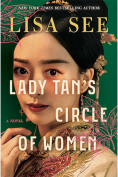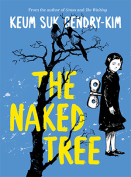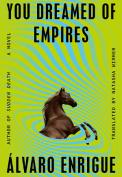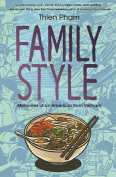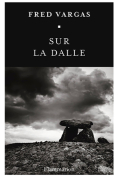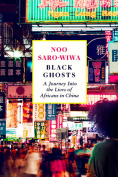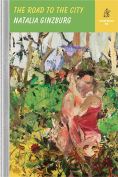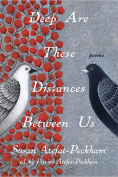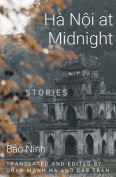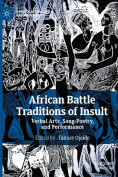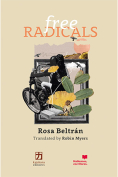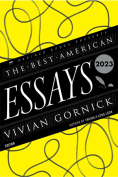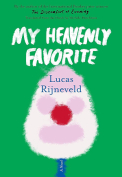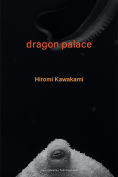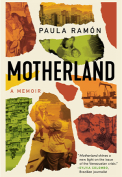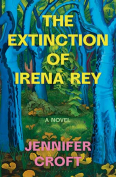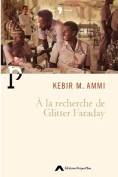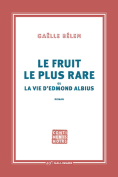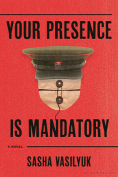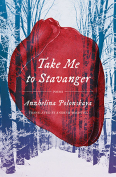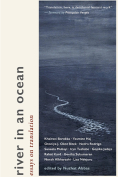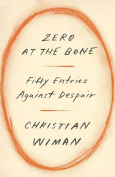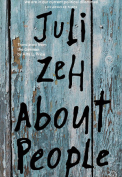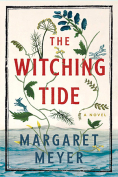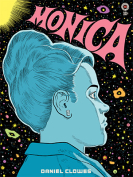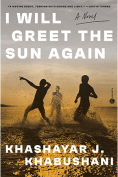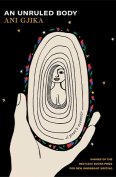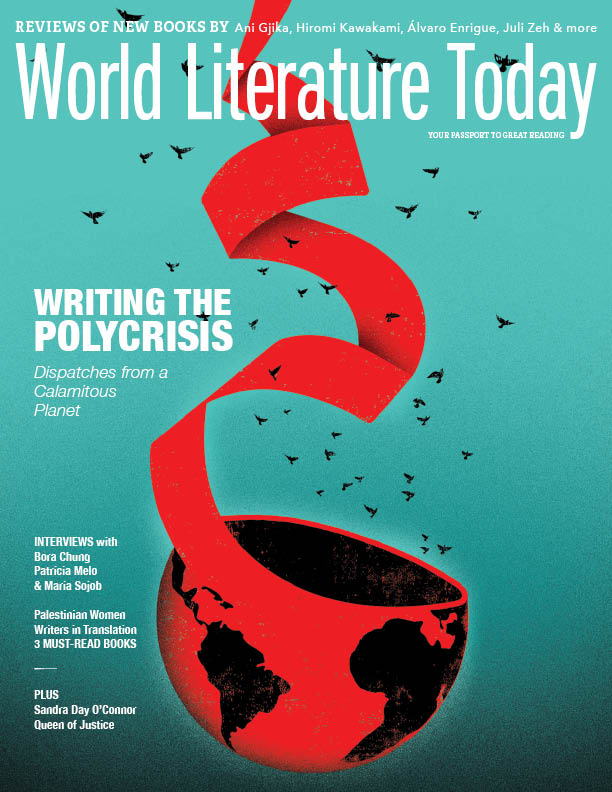River in an Ocean: Essays on Translation
 Toronto. Trace Press. 2023. 223 pages.
Toronto. Trace Press. 2023. 223 pages.
Most of the collections of translation essays I’ve come across, including those that were key to my development as a translator—such as The Craft of Translation, edited by John Biguenet and Rainer Schulte—are centered around Western conventions. I was intrigued by Nuzhat Abbas’s vision of this new anthology as “a small vessel, an improvised container for critical and creative questions, for contemplation, for decolonial, antiracist, feminist, queer, and trans dissonance, refusal and rebellion, for care and community.” I questioned whether I should be writing this review, as I was on unfamiliar turf, only recognizing one of the contributors’ names—someone I personally knew through her work as the editor of Modern Poetry in Translation—but felt a bit more at ease upon reading the name of my publisher at Seagull Books, Naveen Kishore, in the acknowledgments section of the anthology. Indeed, it was Naveen who brought me halfway around the globe to meet with the students at the Seagull School of Publishing in Kolkata—a life-changing experience for me, who had never visited this part of the world.
Drawing on eleven feminist voices whose origins lie in such disparate geographies that include the Middle East, South and Southeast Asia, and East Africa, this anthology is a product of unsettled times, which, as Abbas states, include “the shifting conditions of an ongoing global pandemic, environmental catastrophes, growing fascism, and conflicts large and small, alongside the uncountable dead, the disabled, and the orphaned.” The contributors, broadly addressing why they translate, are a diverse mix of emerging and experienced translators working in an array of languages, including Arabic, Gujarati, Indonesian, Persian, Rukiga, Tamil, and Urdu. The backgrounds of the contributors are equally diverse, both among themselves and within themselves, such as Rwandan-born Lisa Ndejuru, who grew up in Germany and moved to Canada as a teen, and Suneela Mubayi, born in New York to a Jewish American mother and a Hindu Kashmiri father, then raised in both India and the United States.
The structure of each essay is as different from the others as each contributor. “The Meaning of a Song,” by Kenyan-born, Ugandan-raised Otoniya J. Okot Bitek, consists of a series of unsent letters written to her deceased poet-father and includes pictures from the family archives. “Elegiac Moods,” by Canadian Rahat Kurd, descended from a line of Kashmiri women, contains seven letters addressed to the late Kashmiri American poet and translator Agha Shahid Ali. Khairani Barokka’s “Apa Kabar, Penerjemah? How Are You, Translator?” alternates between Indonesian and its English translation. Saudi Arabian–born Nora Alkharashi’s “Translating Courageously” is framed around her work translating Haitian American Edwidge Danticat’s work into Arabic.
I was particularly drawn to the lyrical essays in this collection. For example, Palestinian-born Yasmine Haj’s “Rast” organizes her wisdom-infused essay into poetic prose segments about various aspects of translation. In the first section, titled “On Music,” Haj equates translation with survival:
A human’s first task is to translate. As infants, we breathe air and immediately translate. To survive, we translate. In different tones, an infant articulates hunger, distress, and fatigue. In turn, their caregivers experiment, juggle interpretations, understand, translate.
In Haj’s “On Landscape,” she discusses whether landscape might have been “the first shaper of how we translate,” describing how eons ago, a supercontinent that included today’s South America and Africa was torn apart by the effects of currents, creating what is now called the Atlantic Ocean. Integrating decolonial discourse, she muses: “If they hadn’t been separated, would translation have been needed to translate one to the other? Never mind colonization and the division of the two continents into Dutch, English, French, Italian, Portuguese . . .” Later in the essay, Haj evocatively describes the process of translating silence, making use of an astonishing but apt simile: “silence, too, is an ancient act of translation, musical in essence, magnificent in power. It amalgamates centuries of rhythm like black absorbs all colour. . . . Acts of translation must absorb before they can sing.”
In this anthology, deeply personal information serves to frame the concept of translation, such as Suneela Mubayi’s “The Temple Whore of Language.” Mubayi admits, almost with tongue in cheek, that the reason she became a translator was to avoid writing. She goes on to give a more serious answer to the question by equating translation with “un-settlement,” referencing her nonbinary sexuality—“I put the trans back into translation”—and her mixed ancestry. Humorously stating that “obviously, all translators need not be nonbinary,” she makes the case that her sexuality and mixed heritage might make her a more sensitive translator, asserting: “I exist on the margins of various opposing elements—masculine and feminine, white and non-white, and of languages and spaces that are both culturally hegemonic and non-hegemonic.” Indeed, there can be power in contradiction.
Abbas has compiled a unique anthology that attempts to make sense of personal and political trauma and offers the possibilities of a new approach to translation not based on Eurocentric translation theories. Seen through a feminist, decolonial lens, translation can be understood as un-settlement, as landscape, as memory, as self-discovery and even survival, but, most importantly, as a path that can lead to collective healing.
Nancy Naomi Carlson
Walden University
